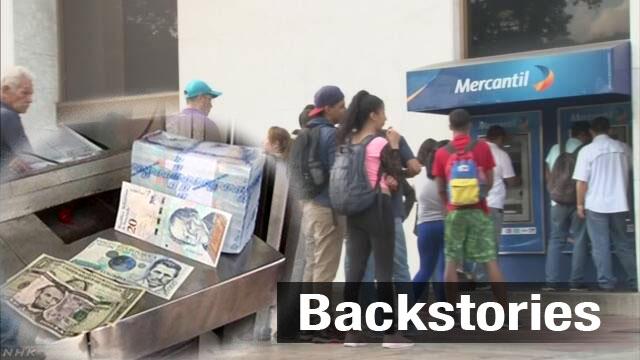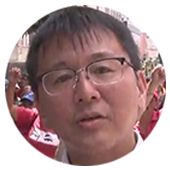I went to Venezuela in mid-March and found that the lives of ordinary people are severely hampered by the political confusion.
I arrived at Simon Bolivar International airport shortly after noon, and to my surprise, the airport was pitch dark because of a power blackout. The electronic notice board of departures and arrivals was working on and off. Computers at the immigration section were slow or not working. Machinery for transporting luggage was not operating, forcing airport workers to carry it in by hand.
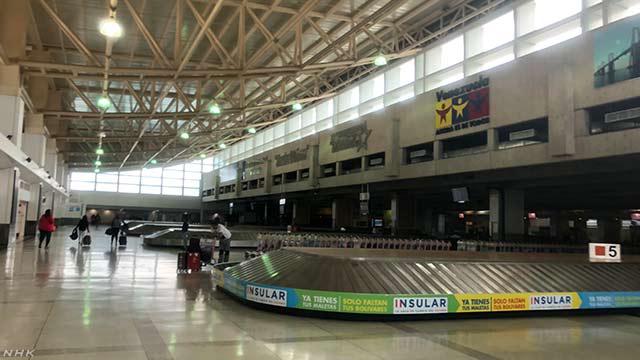
I managed to get my luggage and get into a car headed for the capital, Caracas. As I travelled through towns along the way, it was the lineups of people that caught my attention. Lines of more than100 people were formed in front of bank machines. The Venezuelan government limits cash withdrawals to 3,000 bolivars, the equivalent of one US dollar, at a time.
A local resident told me that due to hyperinflation, there are never enough banknotes in circulation, no matter how much money the government prints. 3,000 bolivars get you three rides on the public bus system. People have no choice but to line up regularly at bank machines.
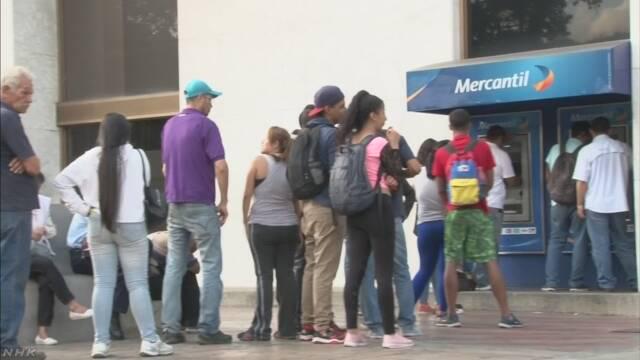
There was a crowd in front of a bakery, too. Purchases are limited to two loaves of bread per person each day, and one loaf costs about 3,000 bolivars, compared to 30 bolivars a few years ago. Prices have risen 100-fold over several years. Public servants earn an average of 18,000 bolivars a month, so they can only afford six loaves of bread a month. People are surviving on very small rations of commodities like wheat.
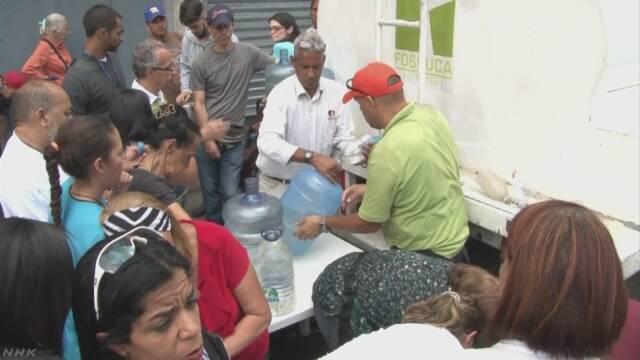
The use of virtual currencies is spreading rapidly. Since last year, Venezuela has seen a sudden increase in restaurants and supermarkets accepting payment in crypto currency. Industry associations say some 2,500 businesses now accept it, and that figure is expected to triple by the end of this year.
The number of people using crypto currencies is projected to rise above 10,000. I was told that people with access to dollar accounts overseas are converting that money to crypto currencies to buy local goods.
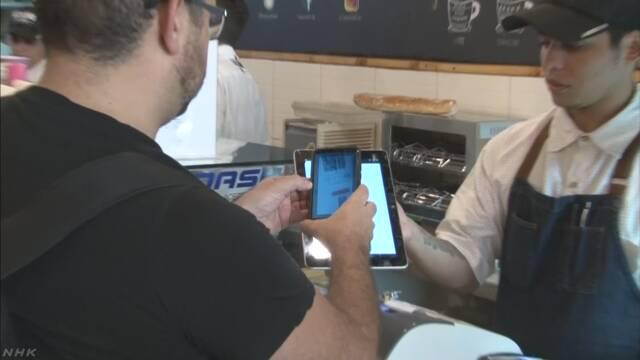
After nightfall, Caracas is pitch dark because of the blackouts, but the lights were on in one corner -- in a district where the well-to-do live. People were dressed up and arriving at supermarkets and restaurants in luxury cars.
The stores had an abundance of products and medicines. Restaurants served a variety of cuisine, from Italian to French. They charged the equivalent of about 5 dollars for a glass of water and 30 dollars for a plate of pasta, just about the amount a regular worker earns in half a year.
I was told that the customers of these establishments are mostly government officials doing work related to the oil industry and people working for foreign companies. Venezuela is presumed to be ruled by a socialist government, but the wealth gap in the country is widening.
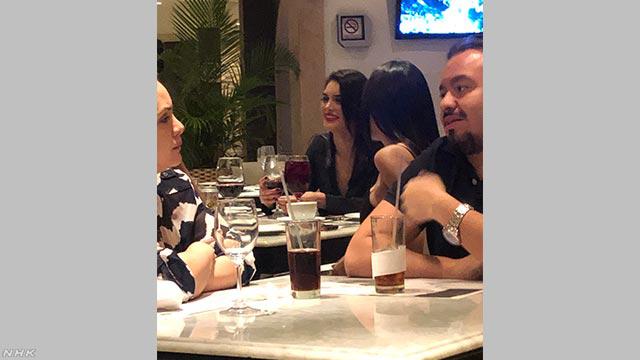
The US government would like to see the end of Maduro's rule. It has called Juan Guaido a hero and supports him as interim president. But Juan Guaido is powerless in Venezuela. His aides have been arrested and he has been kicked out of the hotel where he lived.
He had promised to supply humanitarian goods to people in need but has failed to deliver on that promise. He has been ridiculed as "an online president." However, it appears that the Maduro administration, under sanctions by the international community, may not be able to ride out this difficult period.
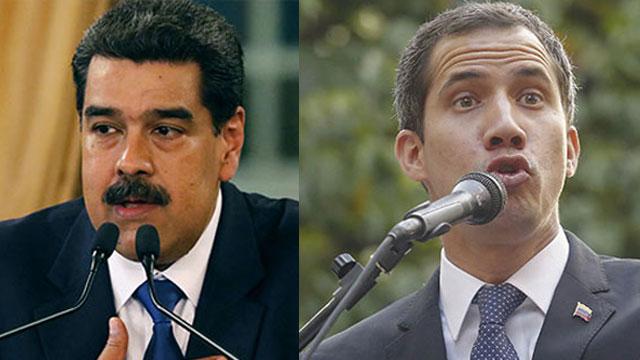
Left: Juan Guaido, the leader of the National Assembly
A popular Venezuelan TV journalist and newscaster, Vladimir Villegas, had this to say about the current situation:
"Venezuela has two presidents. One was elected in a bogus election and exerts strong influence inside the country but is not recognized by the international community. The other is recognized by the international community but has no power inside the country, yet he still calls himself the president. Neither is a legitimate president. I want an election to be held soon to choose a new president."
And the road map to a better life for the people of Venezuela is still nowhere to be found.
